Our Directorates
Comprehensive directorates designed to support survivors and build unity
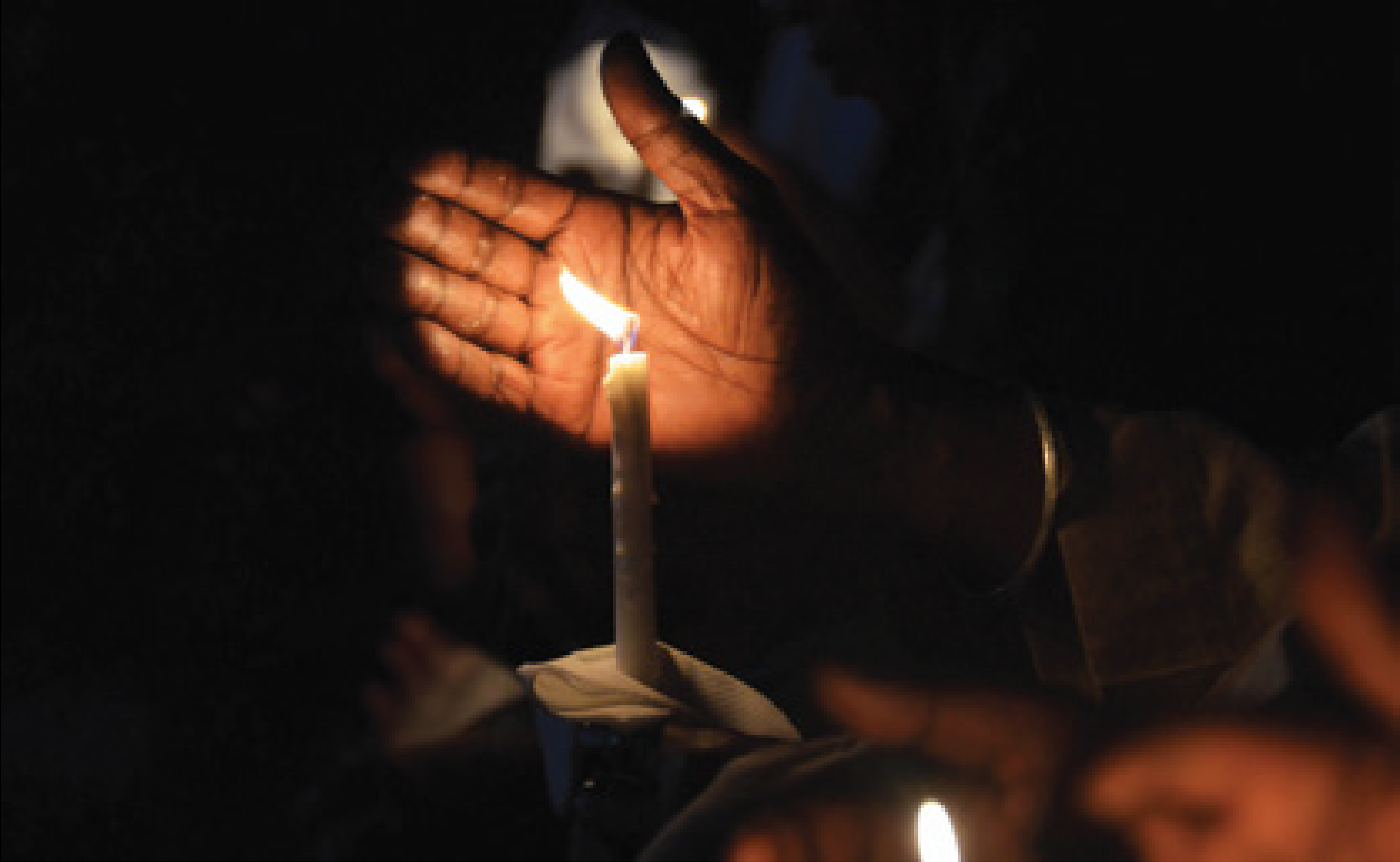
AHEZA Directorate
Memory, Justice, Resilience & Peace Building directorate focused on preservation of memory and fostering justice.
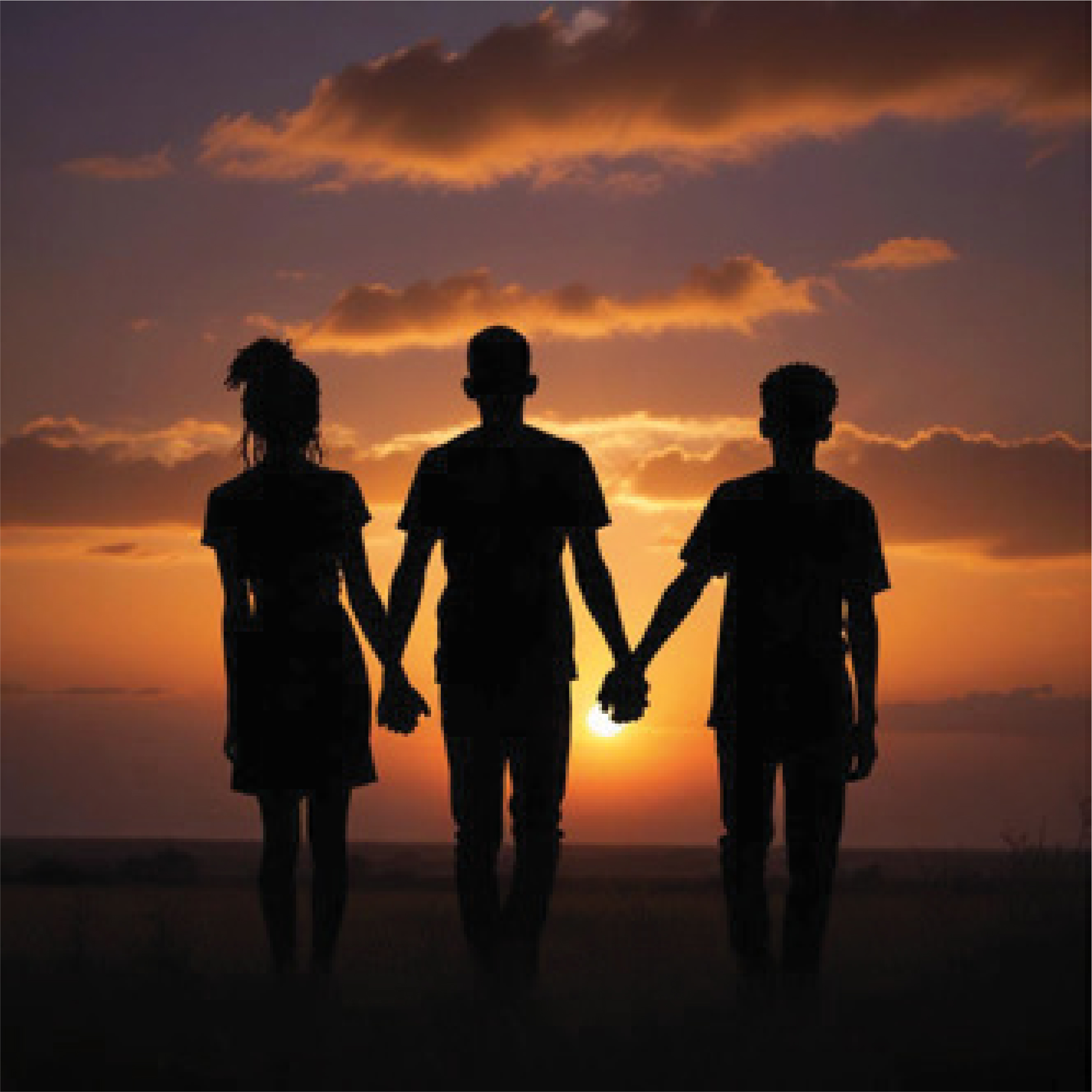
ISHAMI Directorate
Youth, Education, Culture & Sports directorate empowering young people through education and cultural programs.
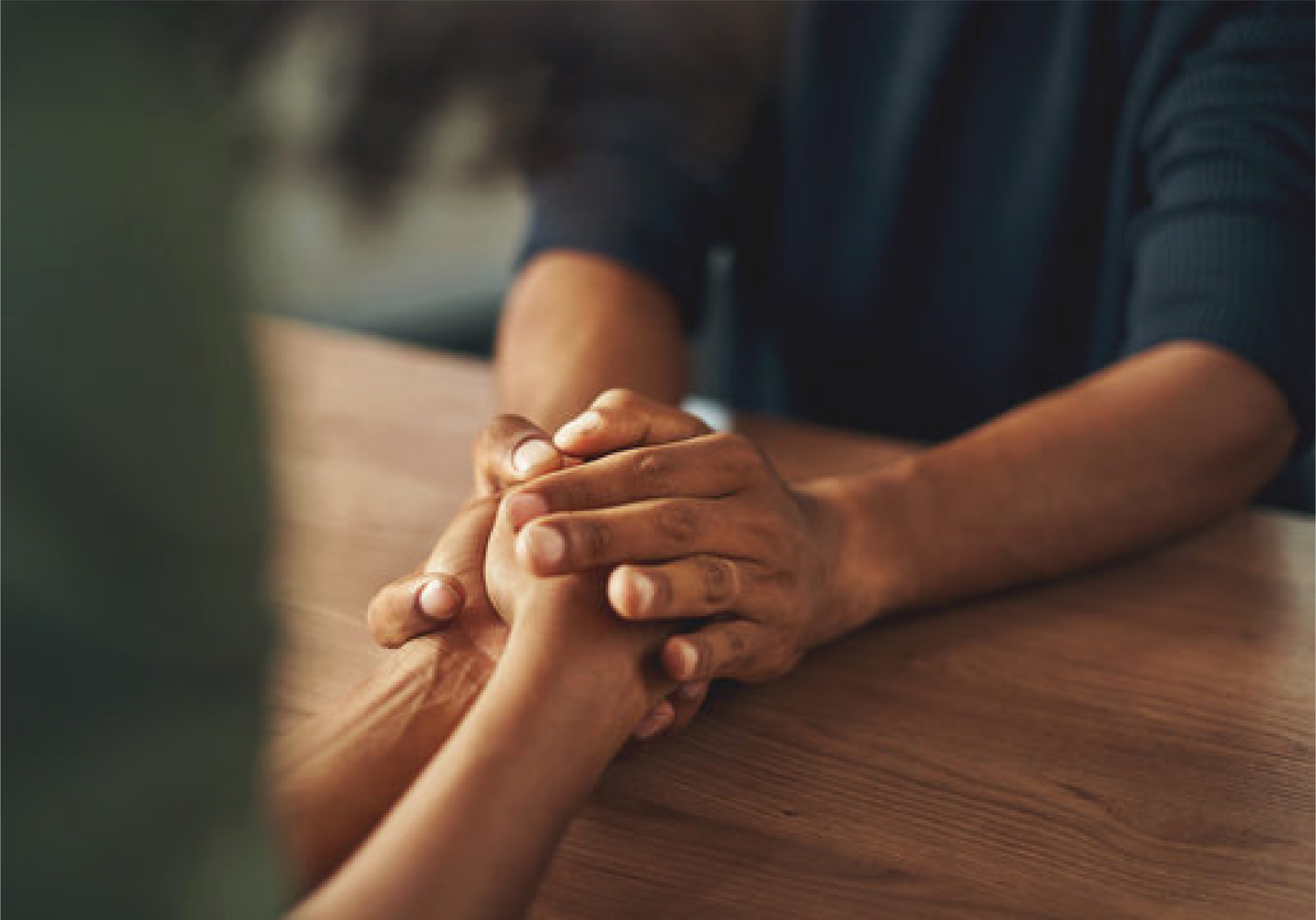
BAHO Directorate
Health, Livelihood & Gender Promotion directorate improving well-being and economic empowerment.
Our Partners
Working together with organizations worldwide to build a better, more unified future

AVEGA
AVEGA Agahozo - Association of Widows of Genocide, supporting genocide widows through psychosocial support, economic empowerment, and advocacy.
Visit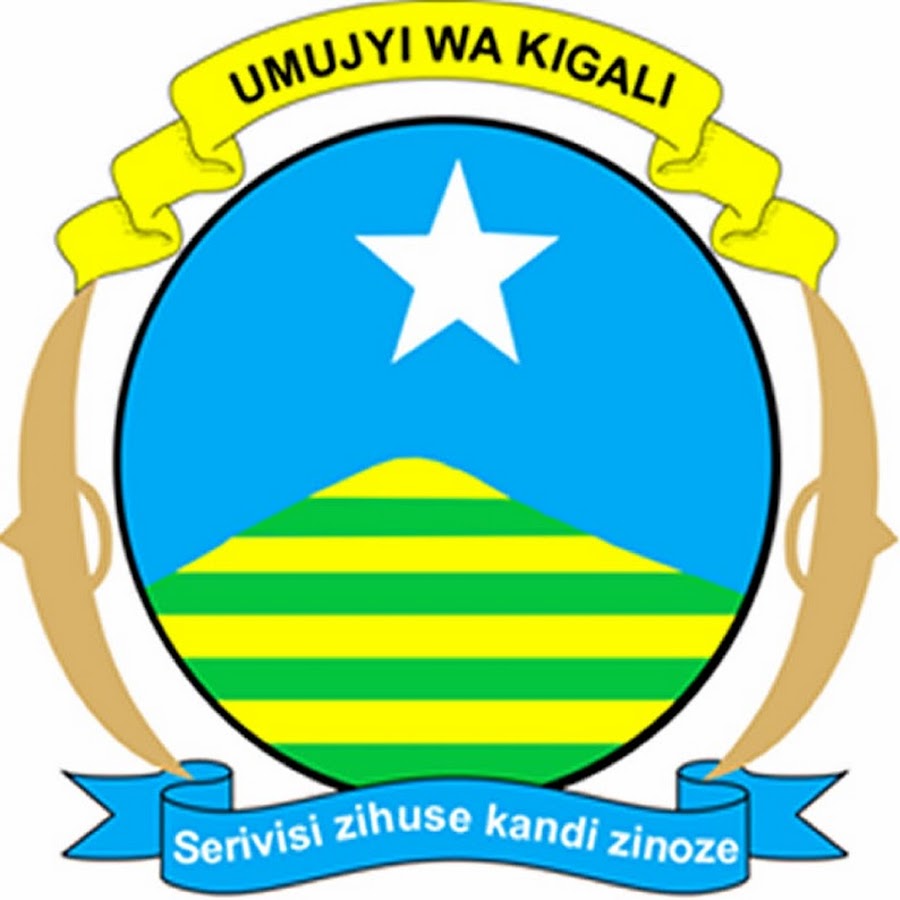
City of Kigali
City of Kigali - The capital city administration working towards sustainable urban development and improved quality of life for residents.
Visit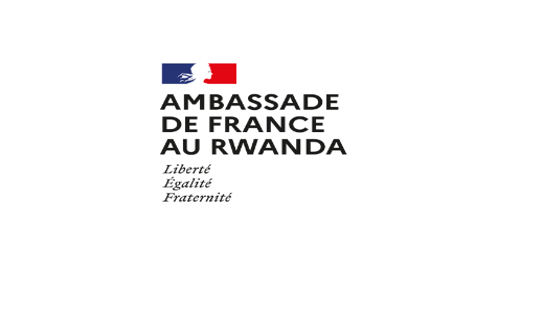
FRENCH EMBASSY
Embassy of France in Rwanda - Strengthening diplomatic relations and supporting development initiatives in Rwanda.
Visit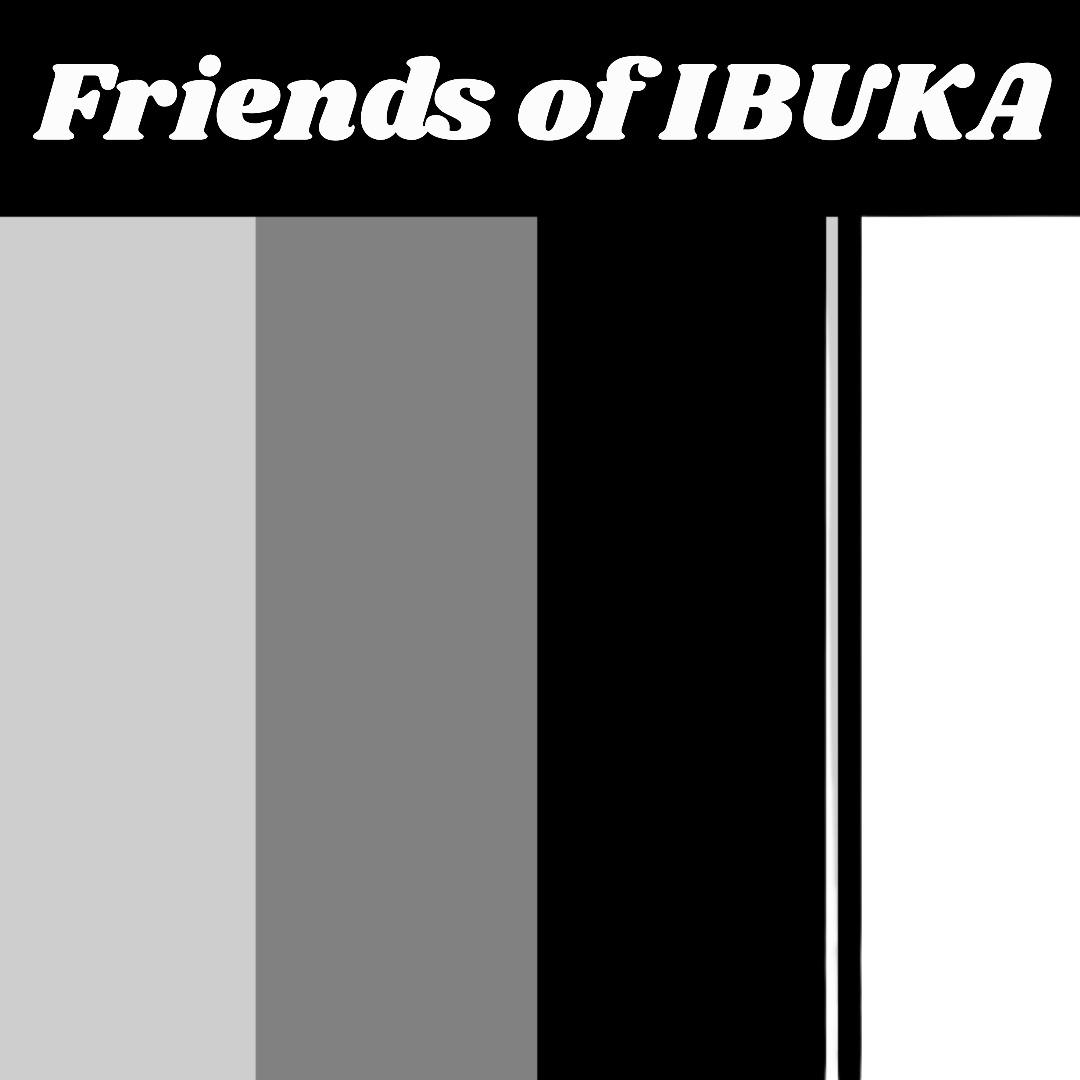
Friends of IBUKA
Friends of IBUKA - Supporting network dedicated to assisting IBUKA in its mission of memory preservation, justice, and survivor support.
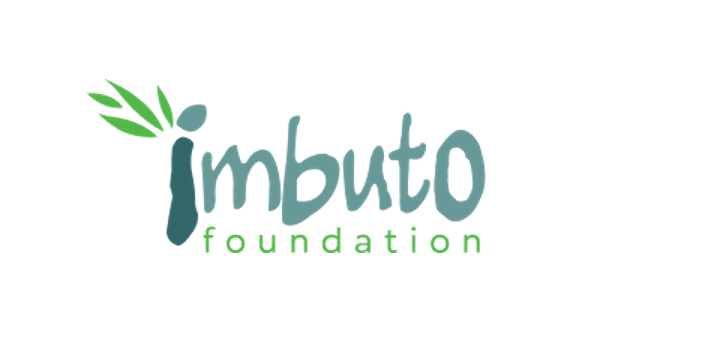
IMBUTO FOUNDATION
Imbuto Foundation - Promoting health, education, and youth empowerment in Rwanda through innovative community-based programs.
Visit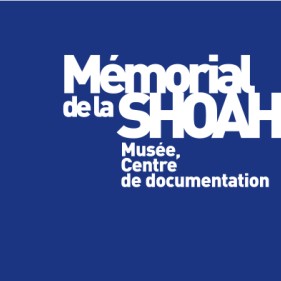
Mémorial de la Shoah
Mémorial de la Shoah - Holocaust memorial and museum in Paris, partnering in genocide education and memory preservation initiatives.
Visit
MINIJUST
Ministry of Justice - Ensuring access to justice, promoting human rights, and strengthening the rule of law in Rwanda.
Visit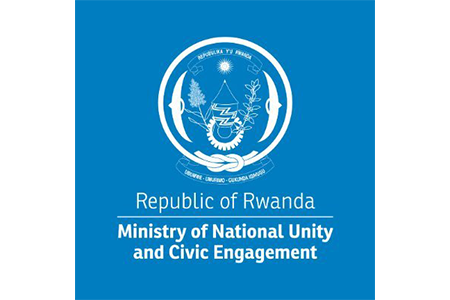
MINUBUMWE
Ministry of Unity and Civic Engagement - Supporting unity and reconciliation across Rwanda through civic engagement and social cohesion programs.
Visit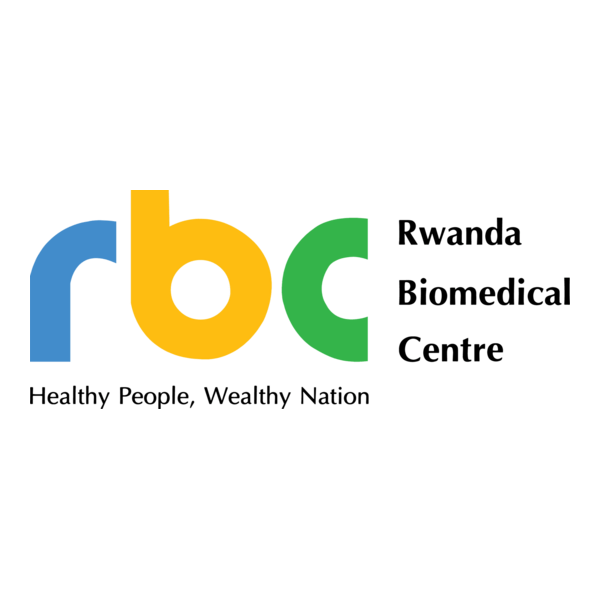
RBC
Rwanda Biomedical Centre - Leading public health agency ensuring quality healthcare services and promoting public health in Rwanda.
Visit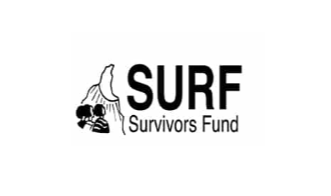
SURF
Survivors Fund - International organization supporting survivors of the Rwandan genocide through education, healthcare, and livelihood programs.
Visit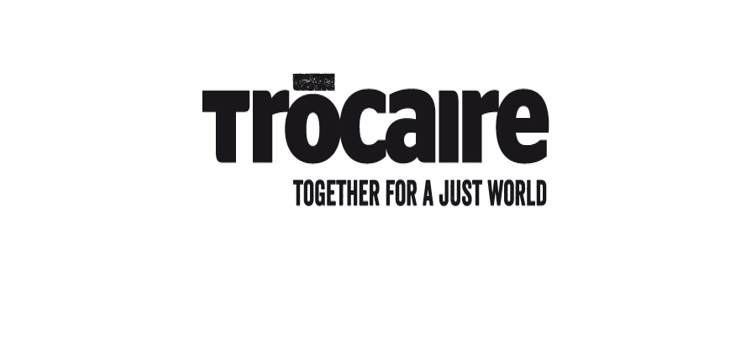
TROCAIRE
Trócaire - International development organization working on justice, equality, and sustainable development in Rwanda and globally.
VisitTake Action Today
Join us in preserving memory, building unity, and ensuring these stories are never forgotten.
Or share your testimony
Share Your TestimonyLatest from Our Social Channels
Follow our journey and stay updated with the latest news, stories, and updates from across our social media platforms.
Follow Ibuka
Join our community across social platforms






